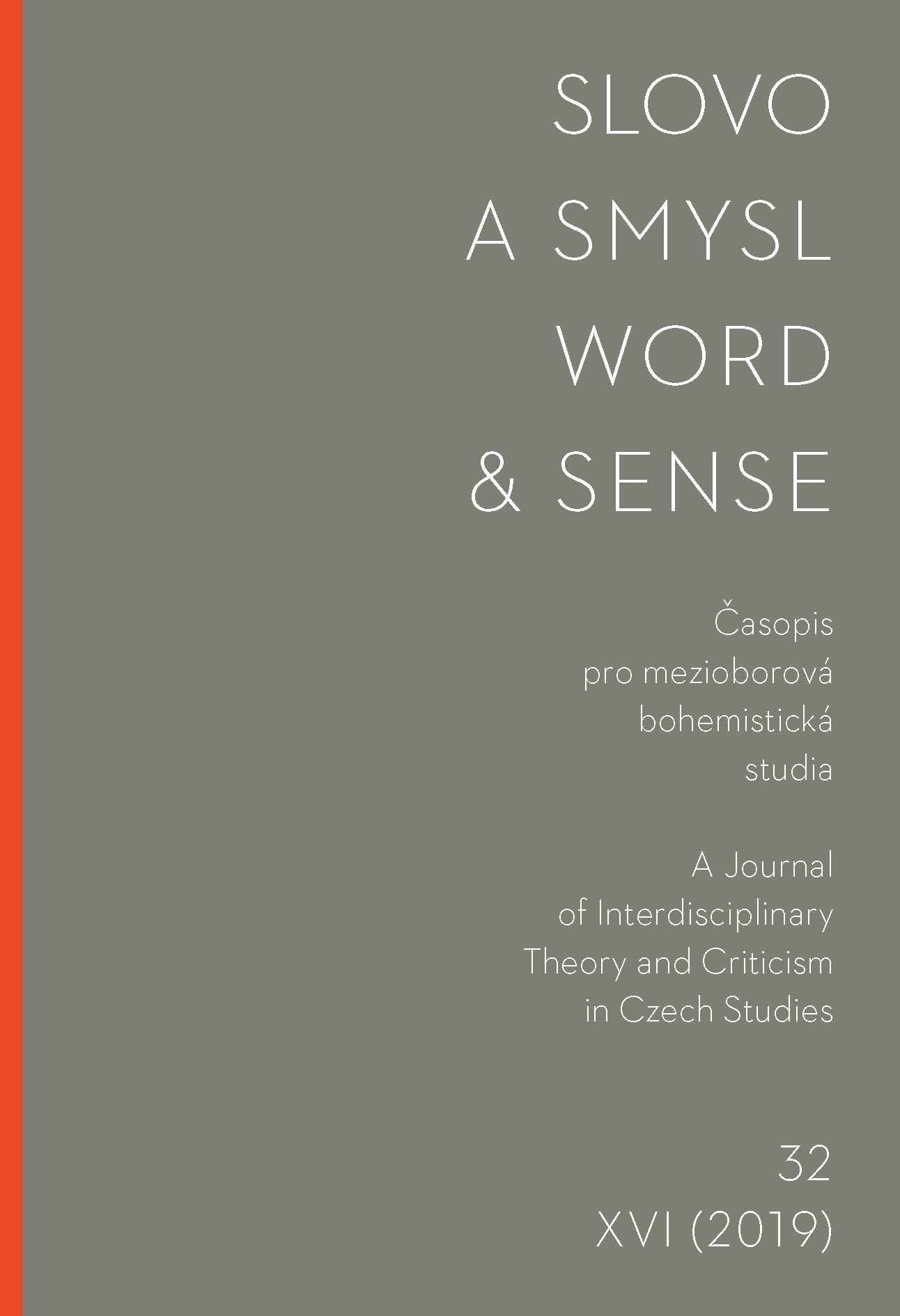Pojetí významu u Ingardena a Mukařovského: Vliv, inspirace, či autonomní cesty?
The Concept of Meaning as Coined by Roman Ingarden and Jan Mukařovský: Influence, Inspiration, or Autonomous Paths?
Author(s): Petr A. BílekSubject(s): Language and Literature Studies
Published by: Univerzita Karlova v Praze - Filozofická fakulta, Vydavatelství
Keywords: meaning; levels of a literary text; phenomenology; Structuralism; Prague School; Roman Ingarden; Jan Mukařovský;
Summary/Abstract: Concepts associated with the Structuralism of the Prague School are usually considered to respond to trends in continental philology, philosophy, and aesthetics of the 1920s and 1930s. The phenomenology of Roman Ingarden is thus viewed as a key source of inspiration for the concept of ‘concretization’ coined by Felix Vodička, a concept which would become one of the key terms of literary history. This article focuses on a less explored issue concerning the notion of meaning developed by Ingarden in his Das literarische Kunstwerk and its potential influence on the idea of meaning developed by Jan Mukařovský during the 1930s. The comparison highlights an important difference between the two concepts of meaning. While Ingarden focuses on the heterogeneity of elements involved in the production of meaning, Mukařovský aims rather at developing a universal notion of meaning as a synthetic process that operates the same way on all levels of the literary text. In this case, the author tends to consider the notion of meaning only in vague and general terms, illustrating the production of meaning at the micro level and then claiming that the same processes can be found at all higher levels.
Journal: Slovo a smysl
- Issue Year: 16/2019
- Issue No: 32
- Page Range: 163-175
- Page Count: 13
- Language: Czech

